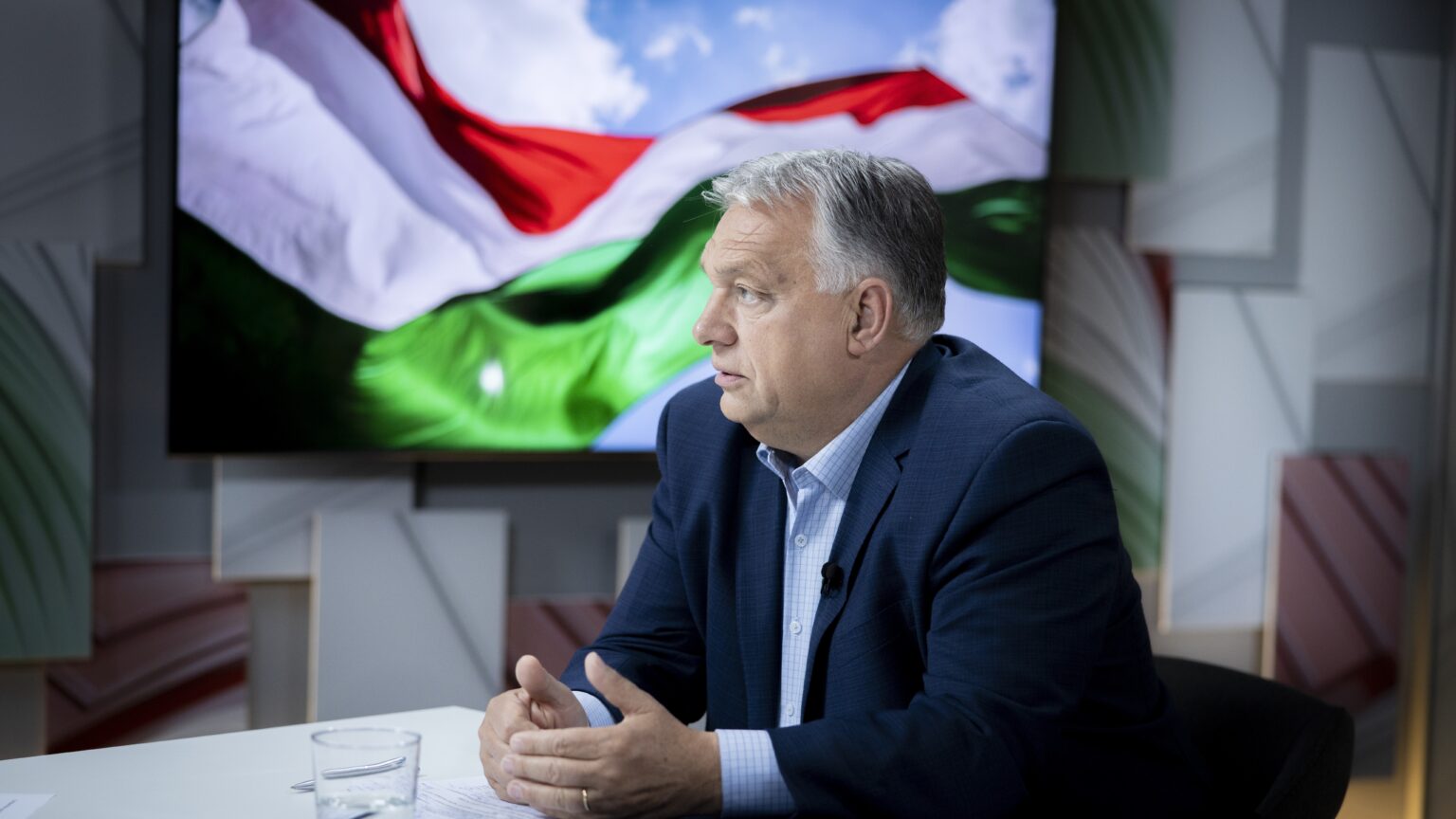
Hungarian Prime Minister Viktor Orbán declared that Hungary, backed by over two million votes in the ‘Voks 2025’ initiative, has blocked Ukraine’s EU accession. Speaking on Kossuth Radio, he also touched on migration, energy, the Pride march, and space policy.
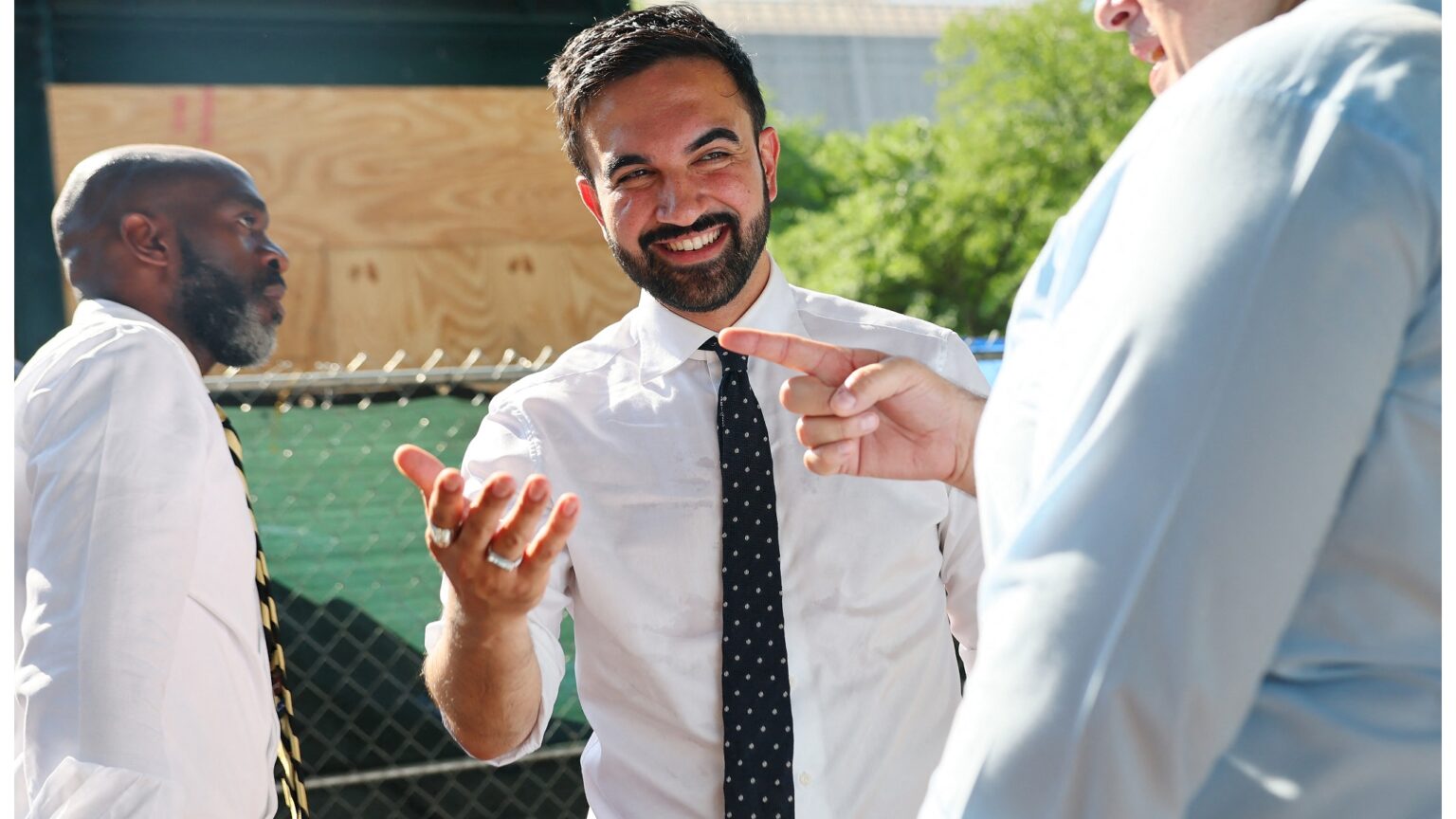
33-year-old radical socialist Zohran Mamdani won the Democratic primary for the 2025 New York City mayoral election. Previously, he has publicly supported radial ideas such as defunding the police for ‘queer liberation,’ decriminalizing prostitution, and safe injection sites for drug addicts—the American political establishment on both sides is stunned.
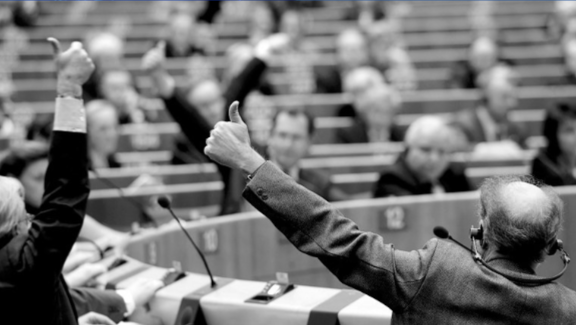
‘The big question for the future on the radical left is, therefore, whether the current split will, as the separatists intend, help the left find its place in European domestic politics. Or, on the contrary, is it just another step in the process of complete organizational fragmentation and becoming irrelevant?’

Despite Hungary’s legal ban on Pride events, Dutch MPs have backed a motion calling on Cabinet members to attend the Budapest march next month, raising concerns over political interference and disregard for national sovereignty.
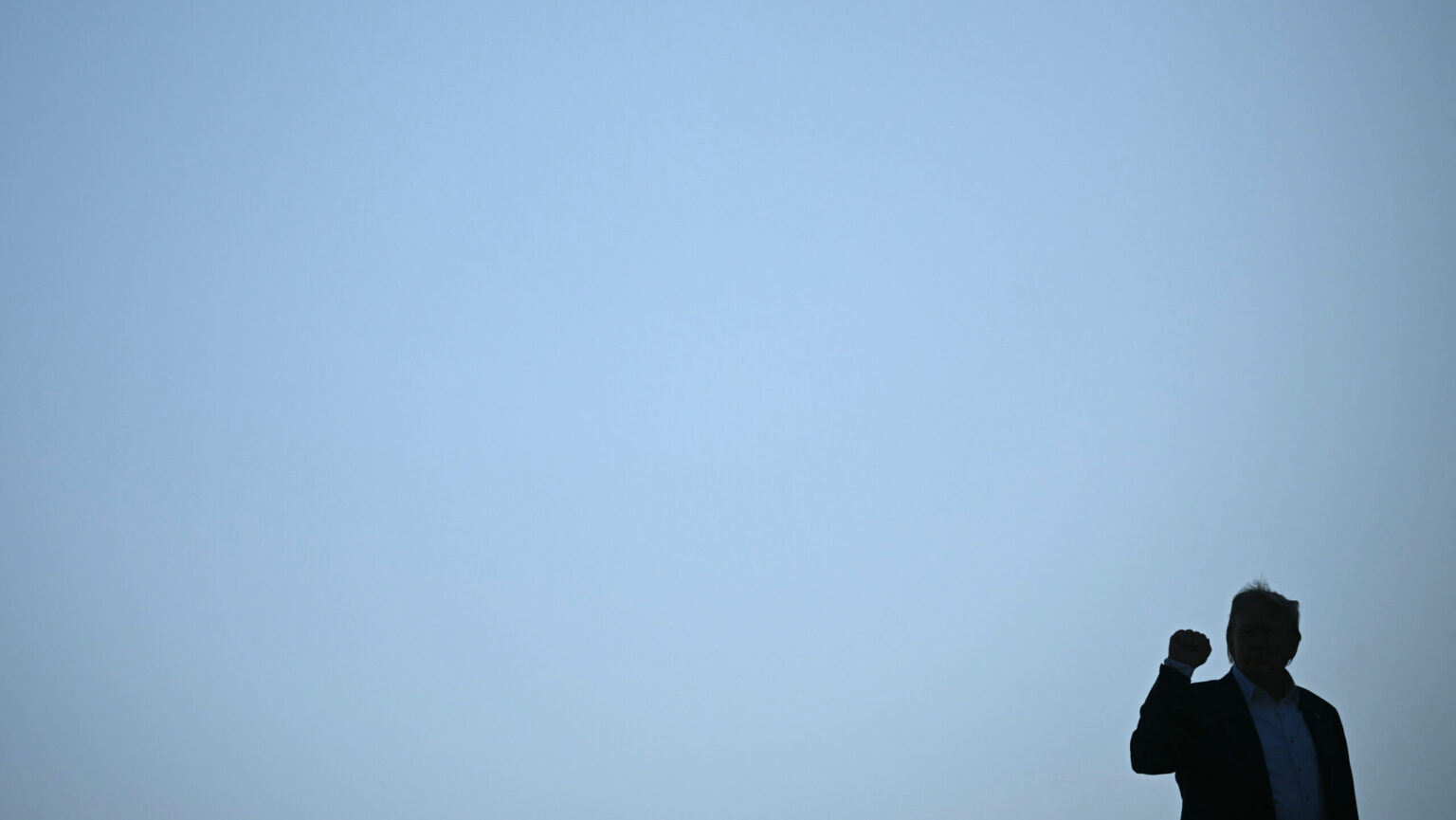
US President Donald Trump will return to the NATO table in just a few hours for the first time since 2019. The summit in The Hague is set to be far from routine for several reasons: member states are expected to approve a 5 per cent defence spending target by 2035. It will also mark the first summit since 2022 not centred on Ukraine, raising questions about Kyiv’s increasingly uncertain future.
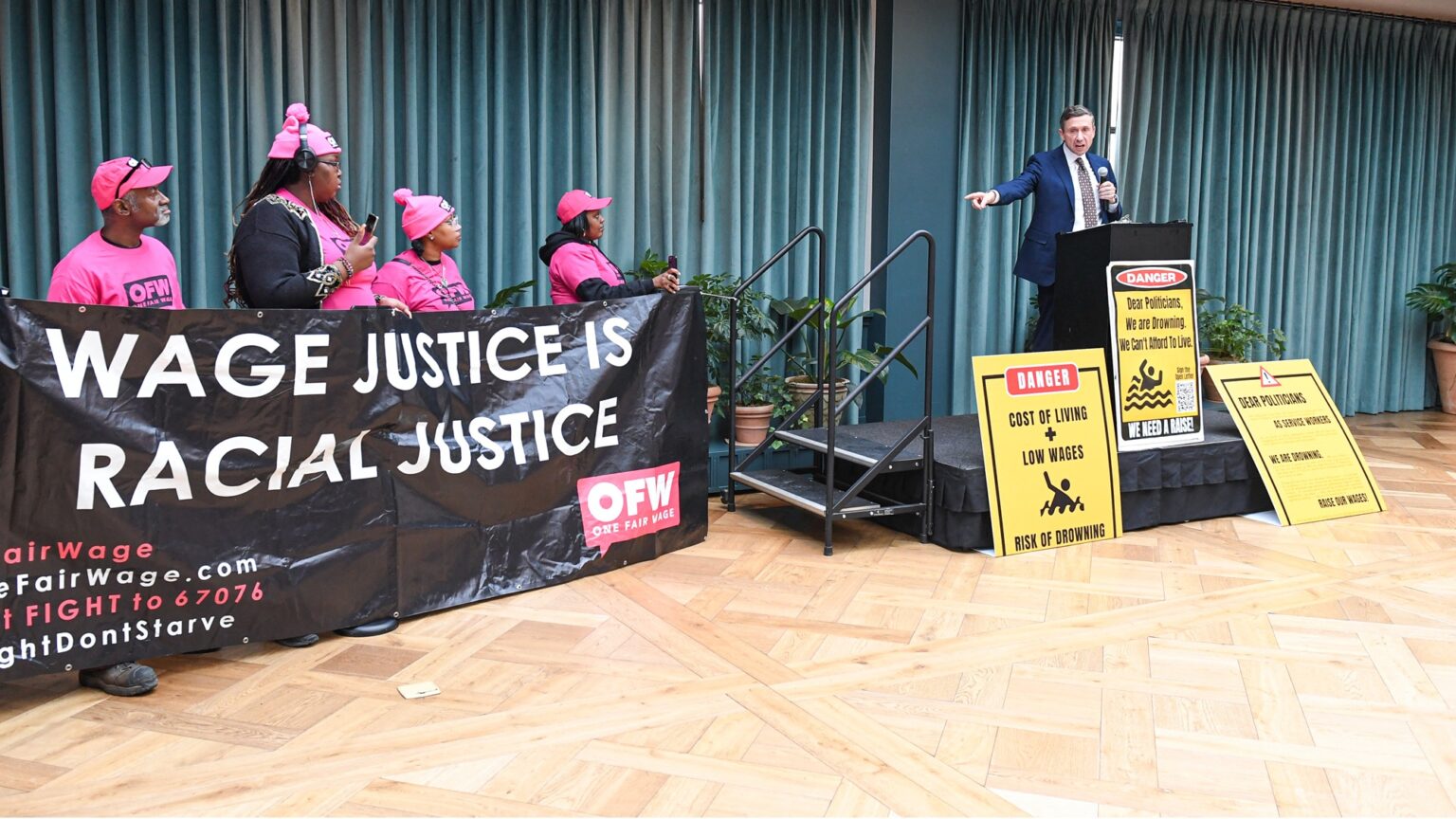
According to a recently published article by The New York Times, under the leadership of new party chairman Ken Martin of Minnesota, the Democratic Party’s operations in the United States are plagued by a lack of funding and infighting.
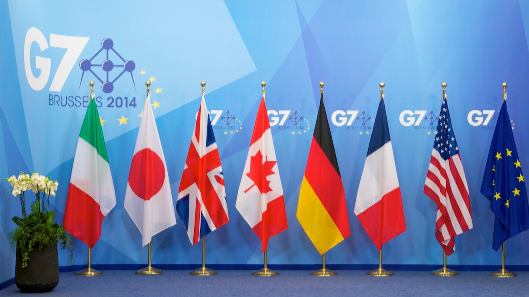
‘Overall, these meetings influence policies that can lead to more coherent and effective global economic cooperation. However, in light of the tensions listed above, it is unlikely that this was one of those meetings where significant policies were adopted.’

‘As a historian, much of Karol Nawrocki’s career—especially as President of the Institute of National Remembrance—was dedicated to studying the crimes committed against Poles during World War II. During his campaign and since, President Nawrocki emphasized multiple times that Ukraine must make concessions with regards to its memory politics.’
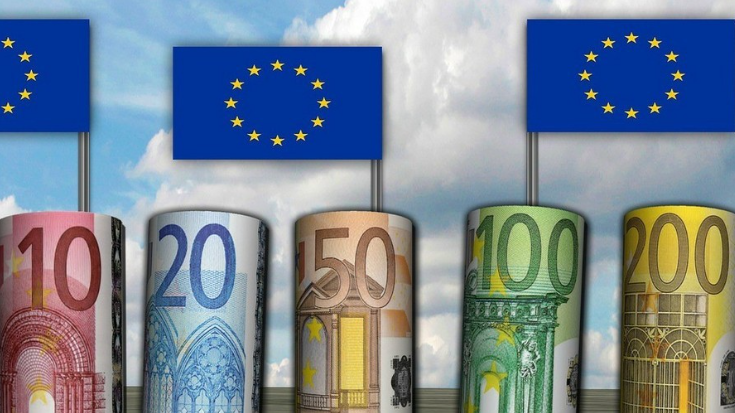
‘Although a certain acceleration in disbursements is expected in the remaining year, it still seems certain that leaving the 2026 deadline unchanged will mean the loss of billions of euros. In light of all this, there is a strong possibility that the Commission’s decision of 4 June, according to which projects must still be completed by 31 August 2026, is not the final word on the matter.’
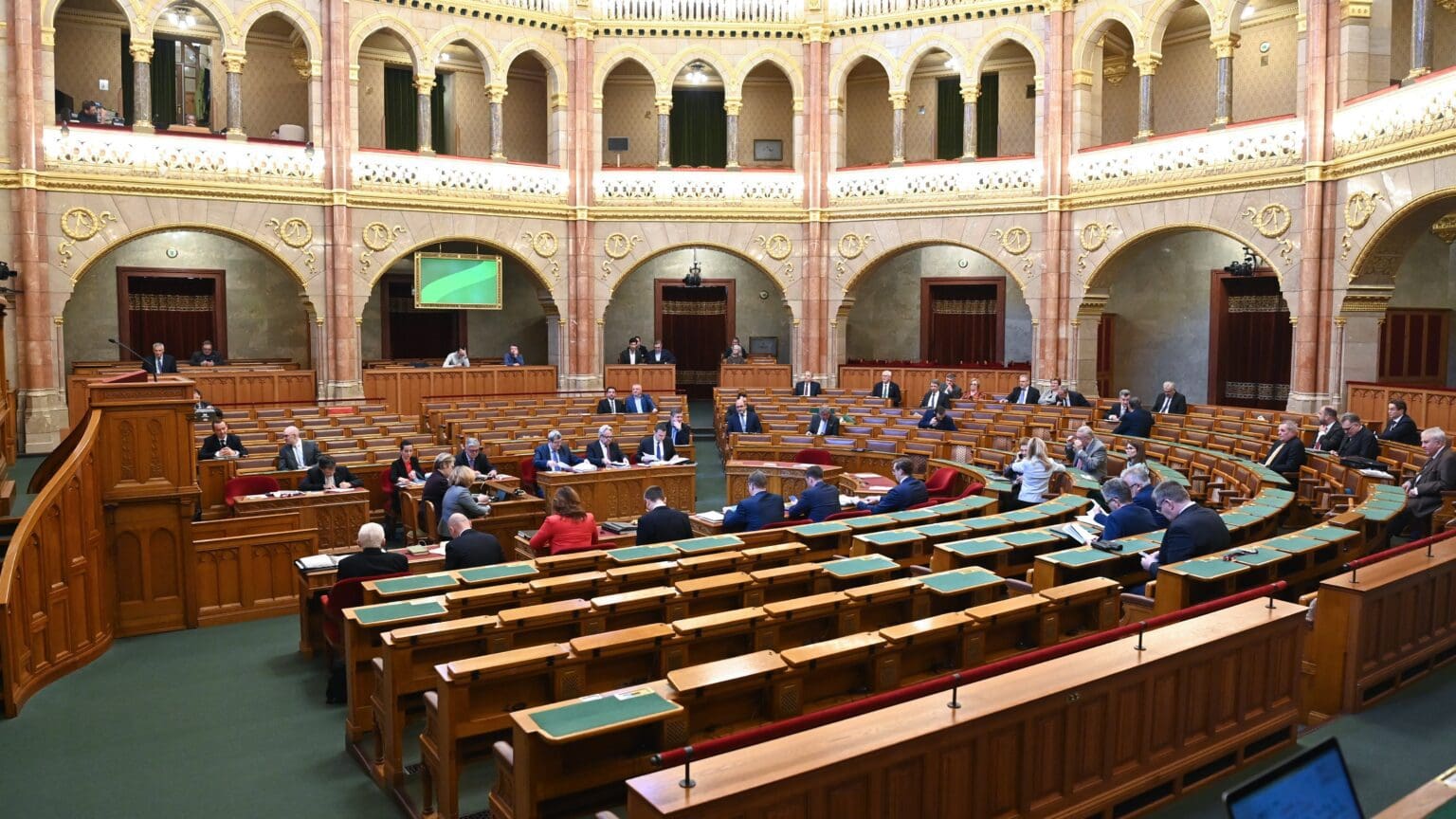
Hungary’s National Assembly passed a law allowing the suspension of citizenship for dual nationals deemed threats to public or national security. Non-EEA citizens serving foreign powers or convicted of serious crimes may be targeted. A designated minister will oversee cases.

Hungarian PM Viktor Orbán warned that admitting Ukraine into the EU would mean dragging the war into Europe. He criticized Western leaders, accused Brussels of overreach, and insisted Hungary won’t be drawn into conflict or dictated to by Kyiv.
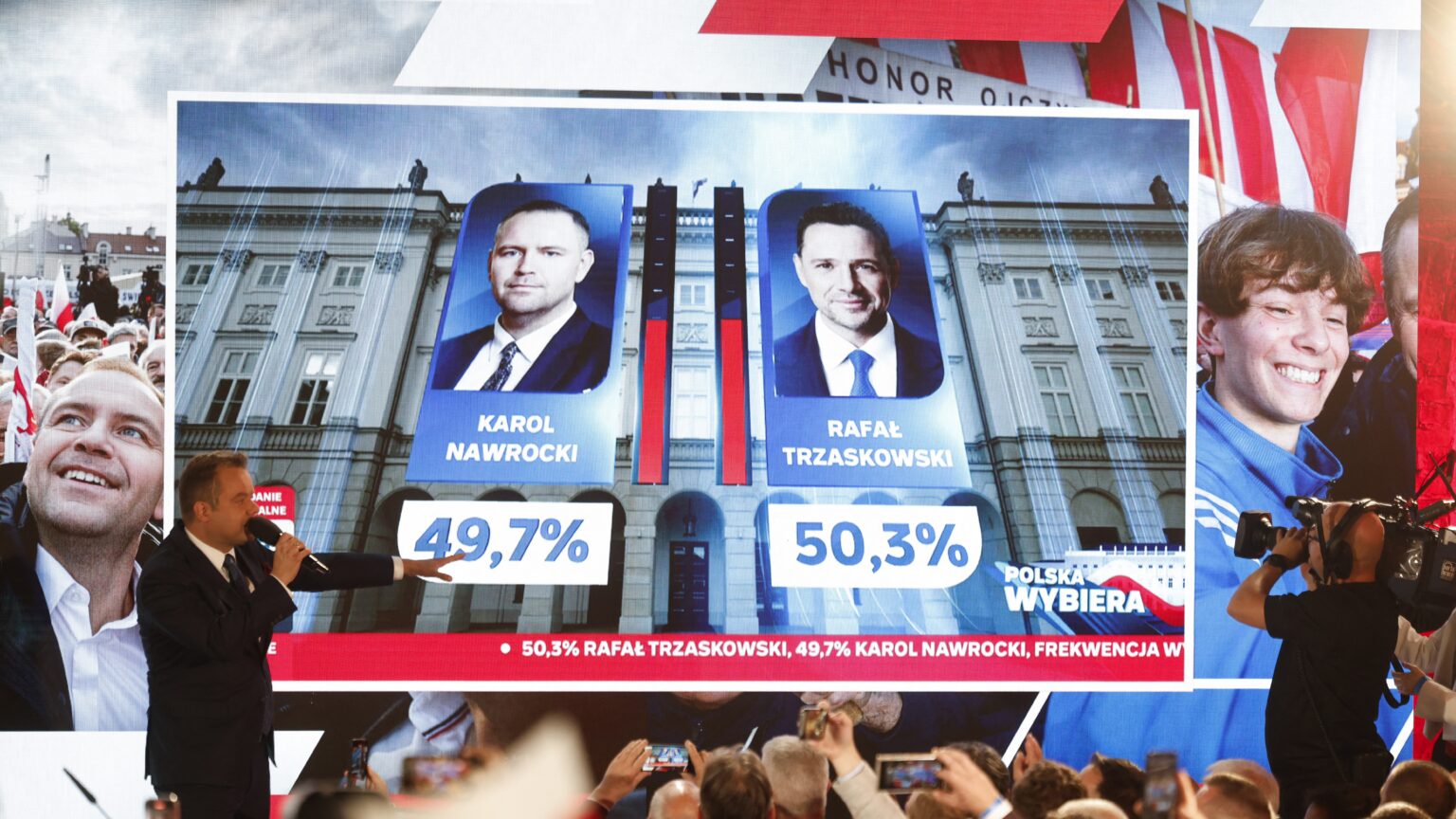
‘Trzaskowski lost because he should never have been the candidate—because his party distanced itself from its own electorate to the point of no longer being able to read their intentions, desires, and positions. Add to that the ever-growing urban–rural divide in present-day Europe, which…proved too steep even to be acknowledged by a party membership that is mostly urban and liberal-leaning.’
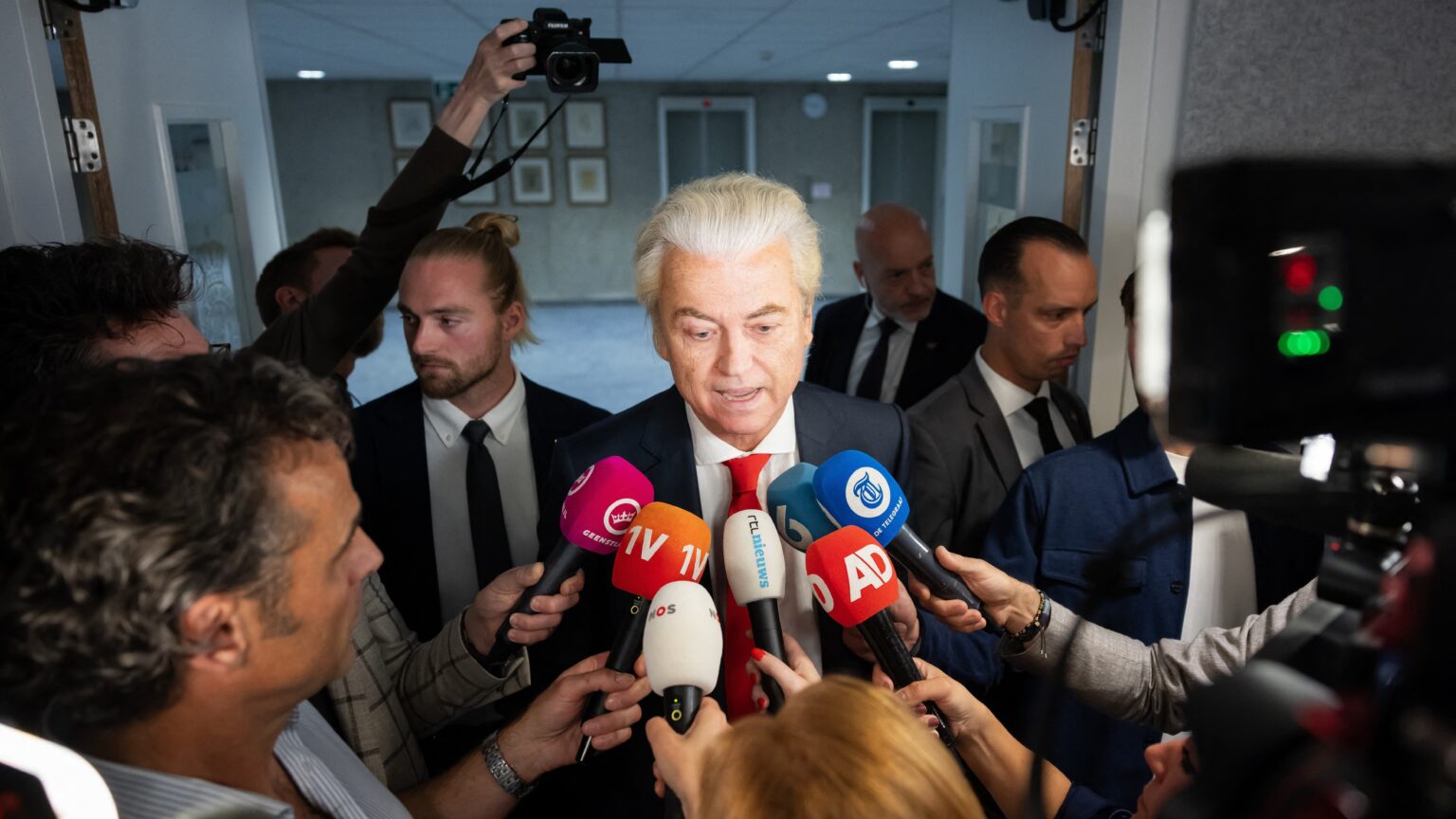
‘New elections are expected later this year, and the Dutch right faces a painful dilemma. On one hand, there is a clear need for change: uncontrolled immigration, extreme climate policies, and growing EU interference are major concerns. On the other hand, the right still lacks the organization, leadership, and infrastructure to deliver that change.’

The Gaza war and Israel’s harsh tactics have damaged the Jewish state’s international reputation. Despite Israel’s right to self-defence, antisemitism has intensified globally. Recognizing this new threat, Israel is seeking new allies—and has already found one in Hungary.
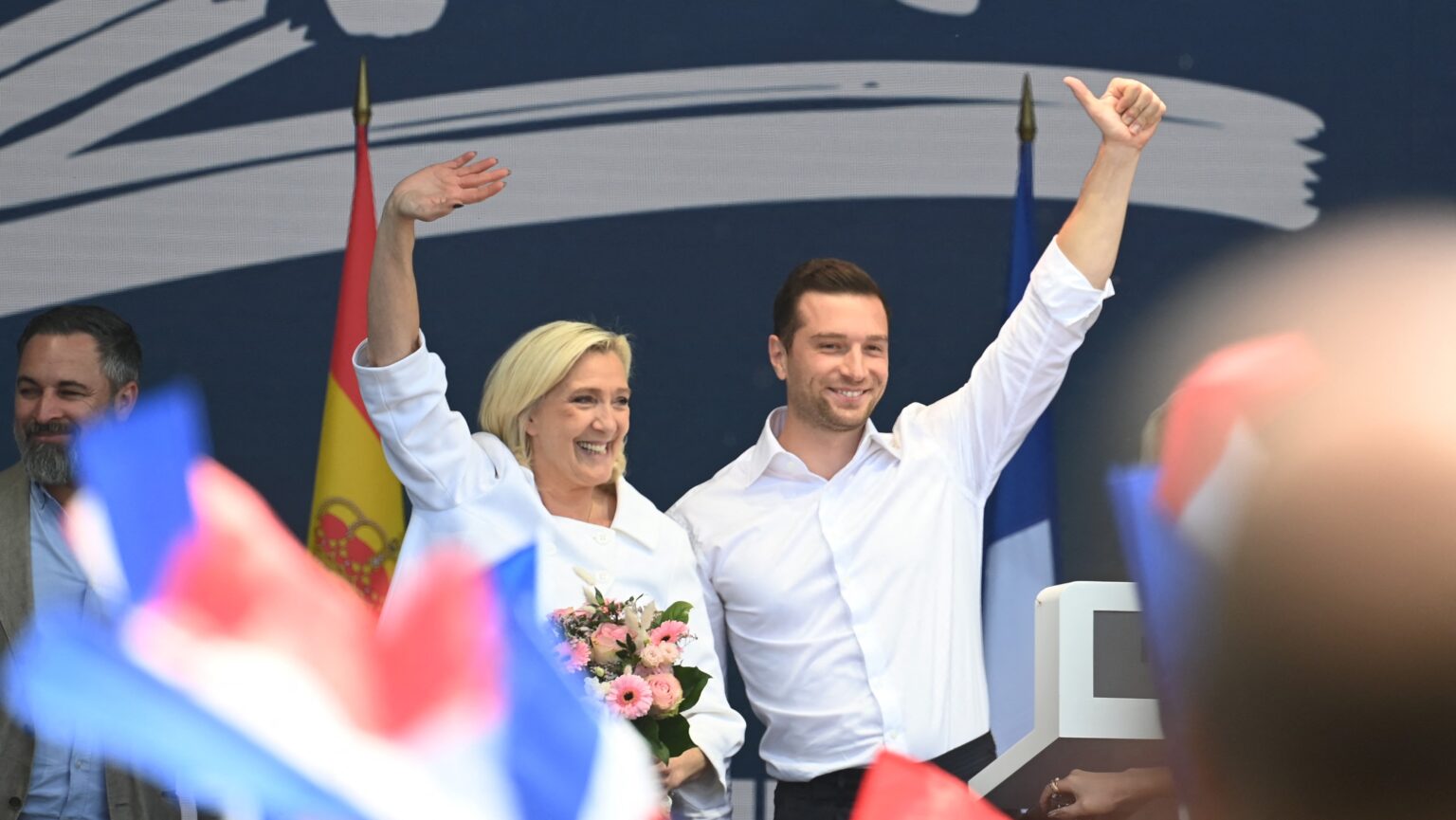
‘During the Leaders’ Summit in Fontainebleau on 8 June 2025, PfE heads issued a joint statement in which they “reaffirmed their desire to work together to make Europe a continent of power, peace and freedom once again.” Leaders expressed their concerns that the “failed policies” of Brussels harm the European economy and competitiveness, and as a result, Europe risks losing its global influence.’
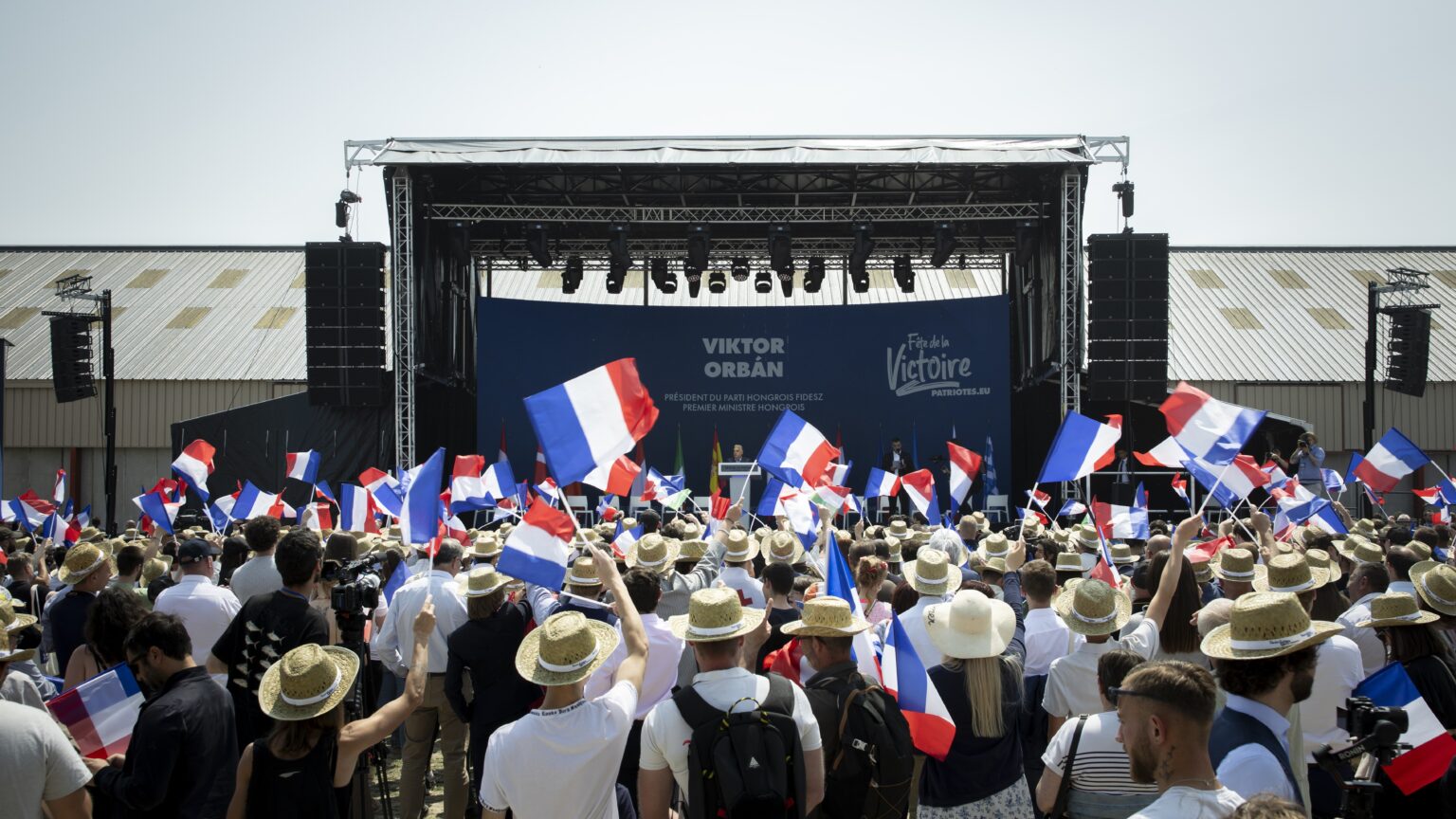
Speaking at a Patriots for Europe event in France, Viktor Orbán called Hungary the EU’s ‘black sheep’ and ‘final Christian bastion’. He urged European conservatives to unite against Brussels, oppose war, and defend national sovereignty and identity.
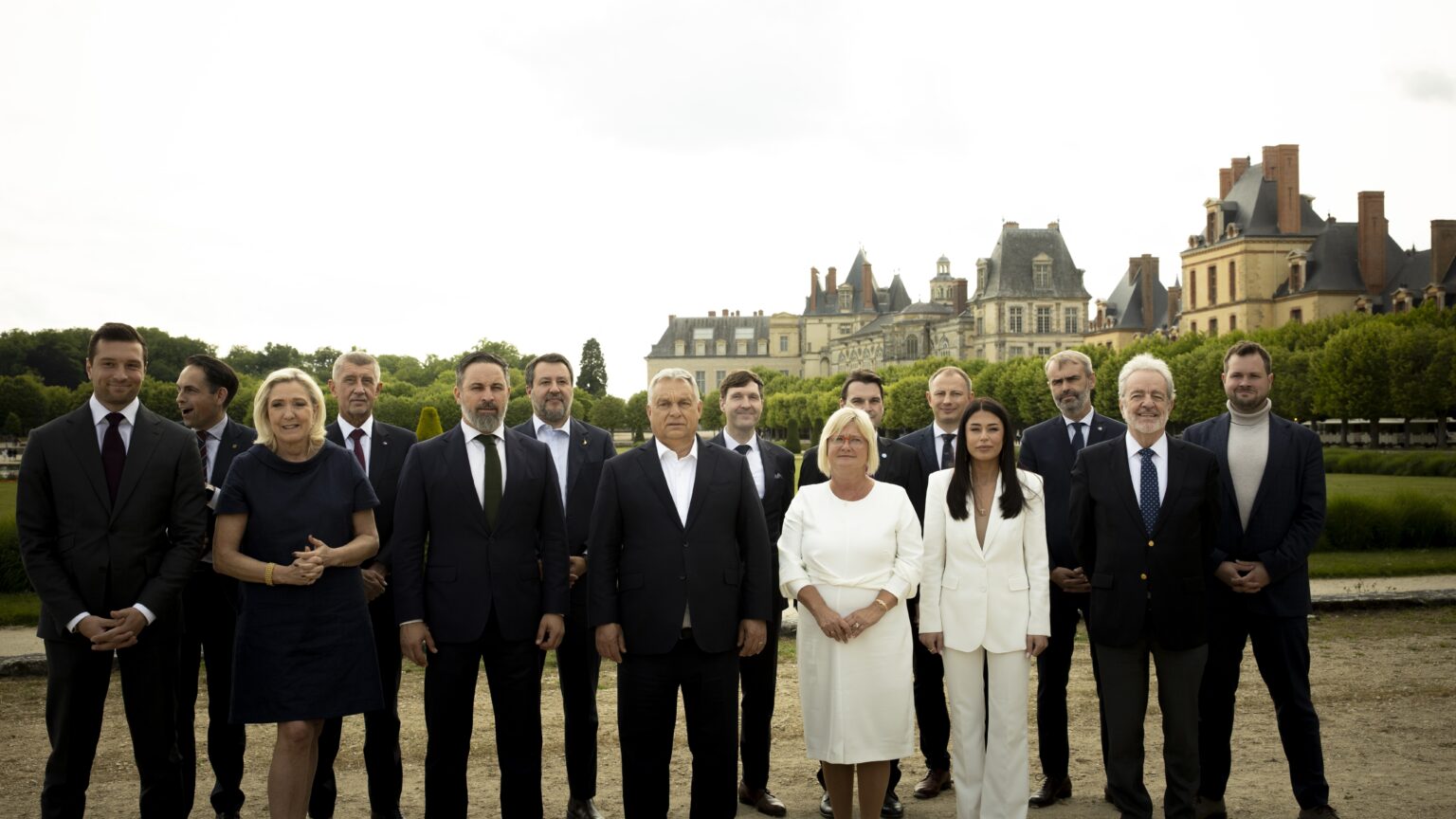
After meeting in Fontainebleau, leaders of the Patriots for Europe alliance pledged to reshape the EU into a continent of peace, power, and sovereignty, rejecting centralization, open-border migration policies, and further escalation in Ukraine.

In a radio interview, PM Viktor Orbán reaffirmed Hungary’s opposition to Ukraine’s EU accession, accusing Brussels of foreign interference and warning of a push to install a pro-Ukraine government in Budapest. He also addressed national security concerns, criticized opposition parties and city leadership, and pledged stronger action against Hungary’s worsening drug crisis.
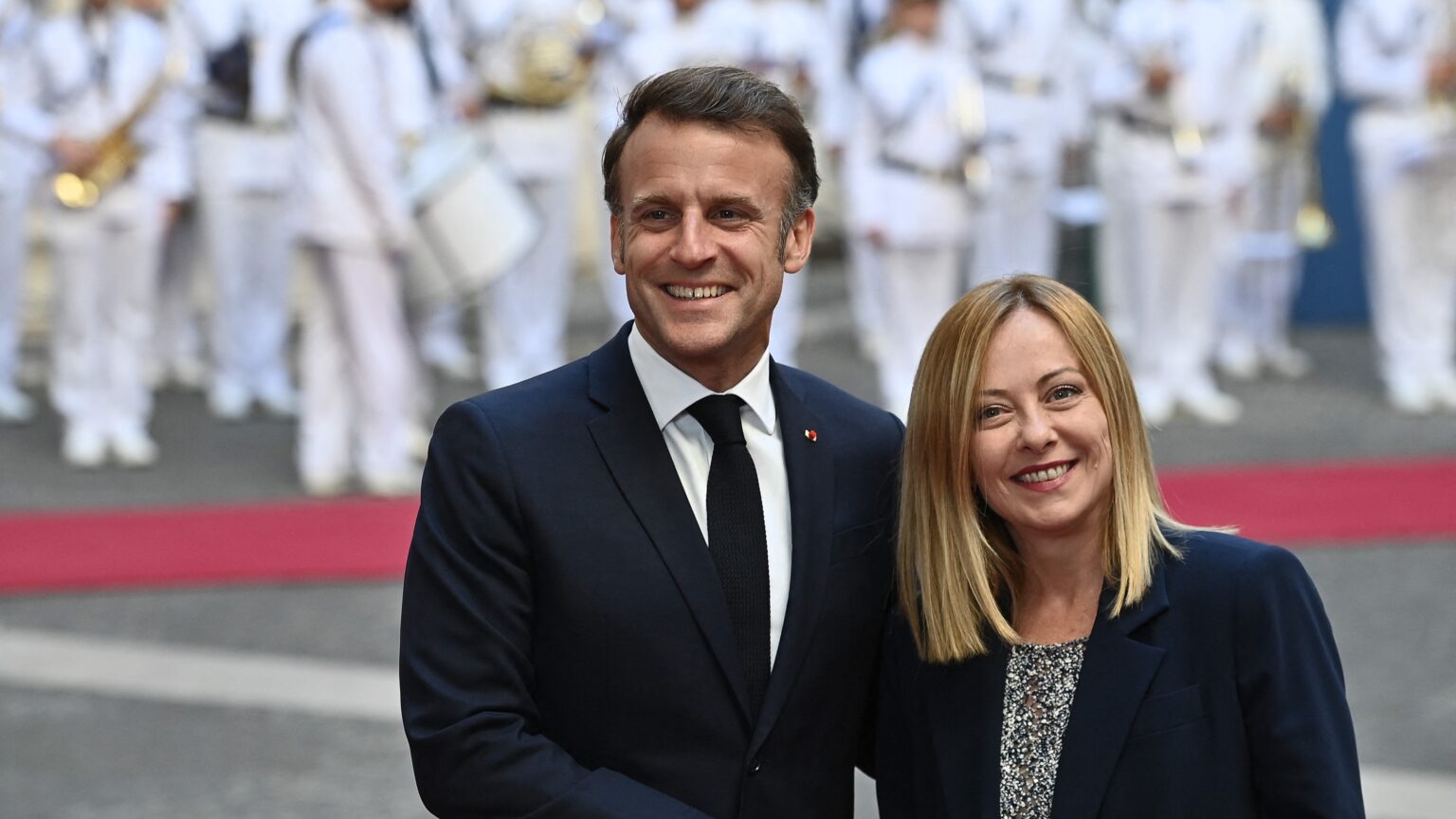
‘Indeed, right-wing identity is often rooted in instinct—attachment to family, country, and order—rather than in ideology or theory, unlike the left, which has always had its “little red books”. The real challenge for the right is to move from instinct and sentiment toward structured political thought.’
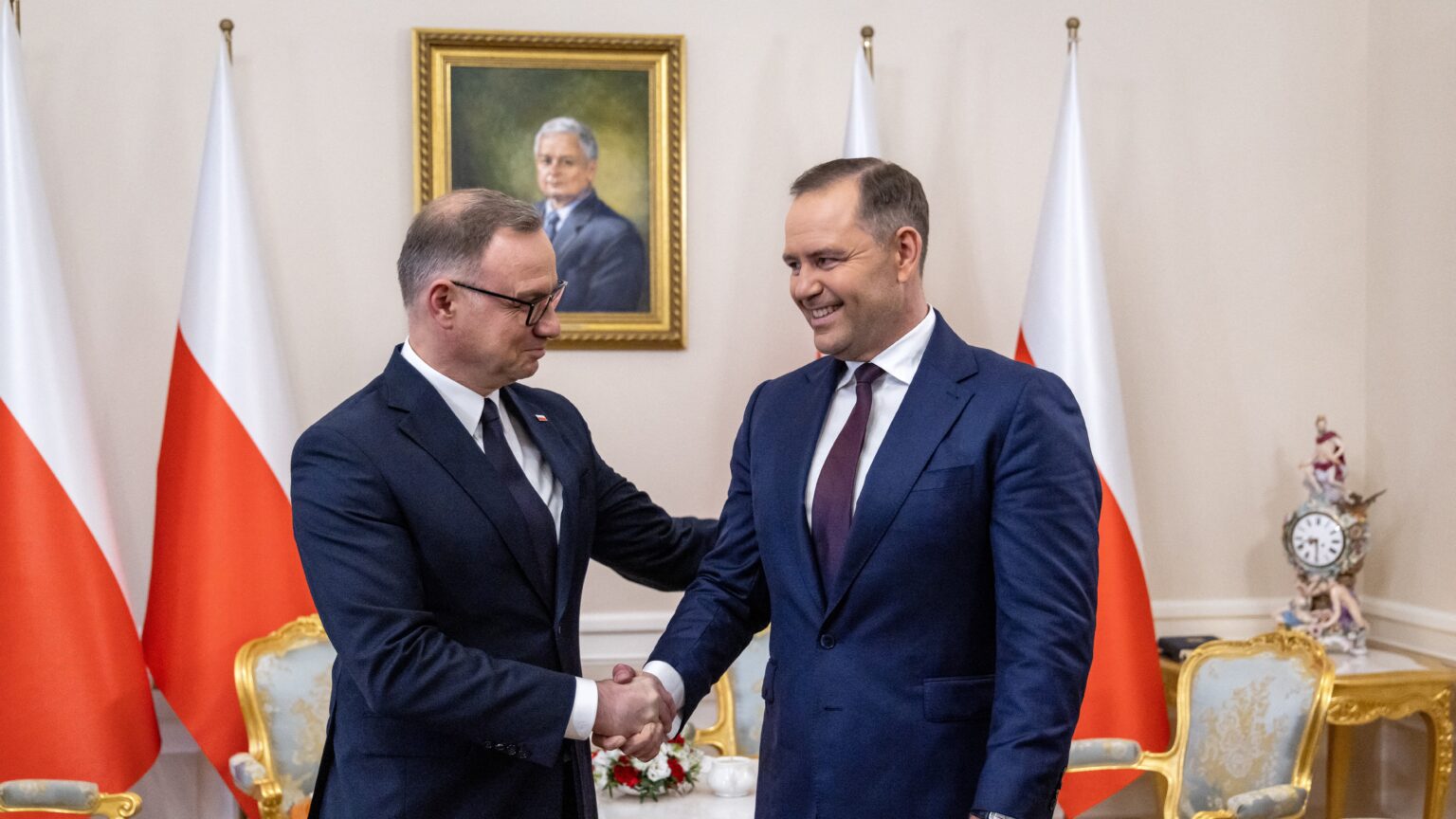
Karol Nawrocki’s presidential victory marks a conservative shift in Poland, raising tensions with Brussels and Kyiv. Backed by Law and Justice, Nawrocki is critical of EU influence and Ukraine’s NATO bid, while calling for historical accountability in Polish–Ukrainian relations.

7 October 2023 will go down in Jewish history as the second Holocaust—or at least, this is how many Israelis feel. The day has irreversibly changed their lives, and Israeli society is gradually processing the catastrophe. Read our on-site report on the security situation in the Jewish state—and how it is perceived.
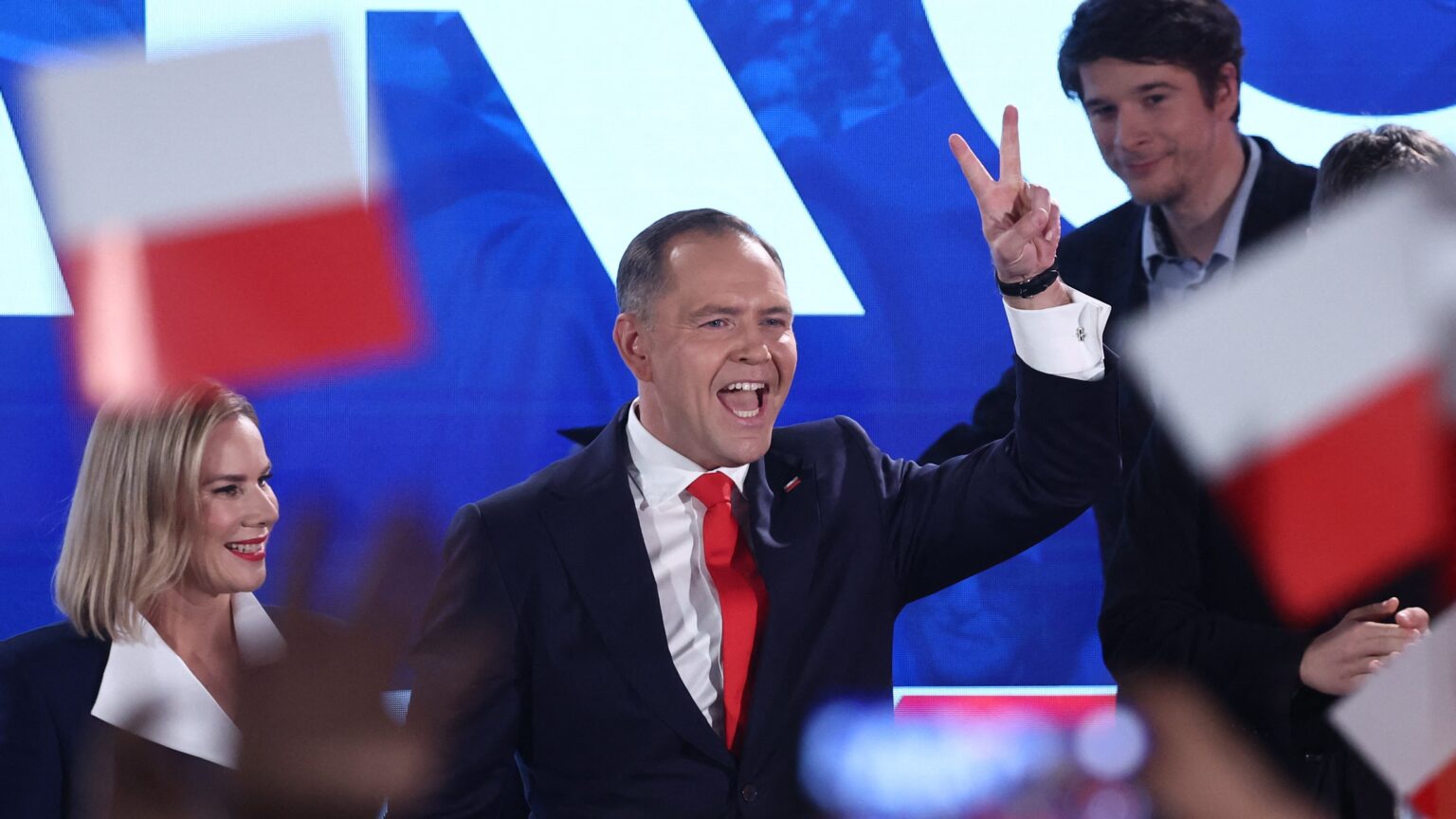
Karol Nawrocki has narrowly won Poland’s presidential election with 50.89 per cent of the vote, backed by the opposition PiS party. His victory may reshape Polish domestic politics and reinvigorate regional alliances like the Visegrád Group.
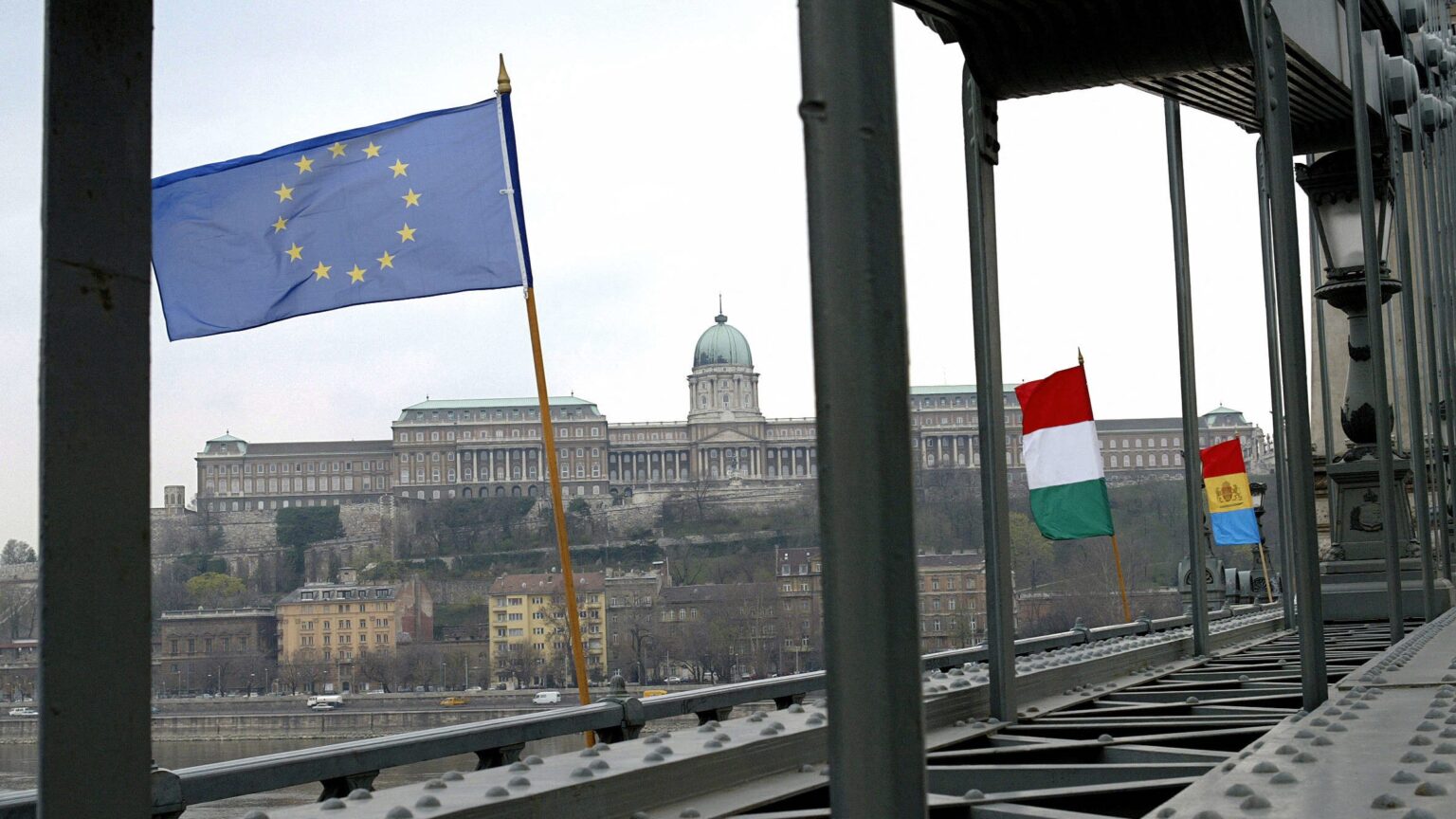
‘When countries collectively decide to form a permanent institutional body where divisible sovereignty is the norm, like the EU, it attenuates the ability of those states to make decisions regarding the governance of their own economies and other associated policies. In essence, Hungary must realize that so long as it is a member state of the EU, it delegates certain decision-making to it.’

‘It is hard to imagine a better example of “Stockholm syndrome” than this sorry episode, when local Catholics and even the Vatican seemed more intent on supporting la Résistance than protesting the occupation of the birthplace of Jesus Christ by Muslim militants. Perhaps some occupations are more just than others.’
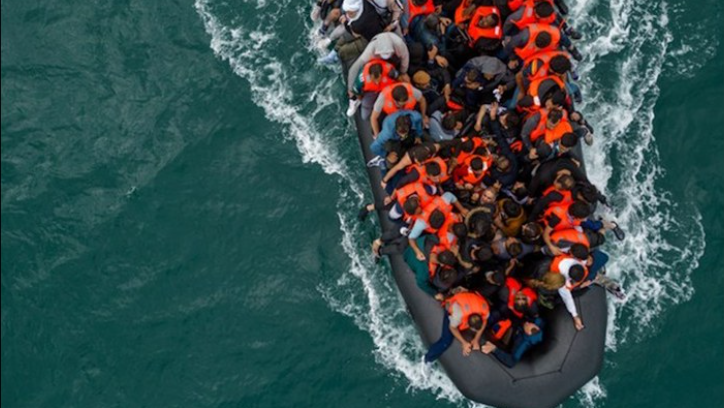
‘Two points from the recent Frontex report deserve more attention. Firstly, while in 2015 the most popular migration route into Europe was the Western Balkans, today…it is the Central and Western Mediterranean routes…The other thing that emerges from the figures is that…there were fewer arrivals by all routes until April compared to the same period in 2024.’
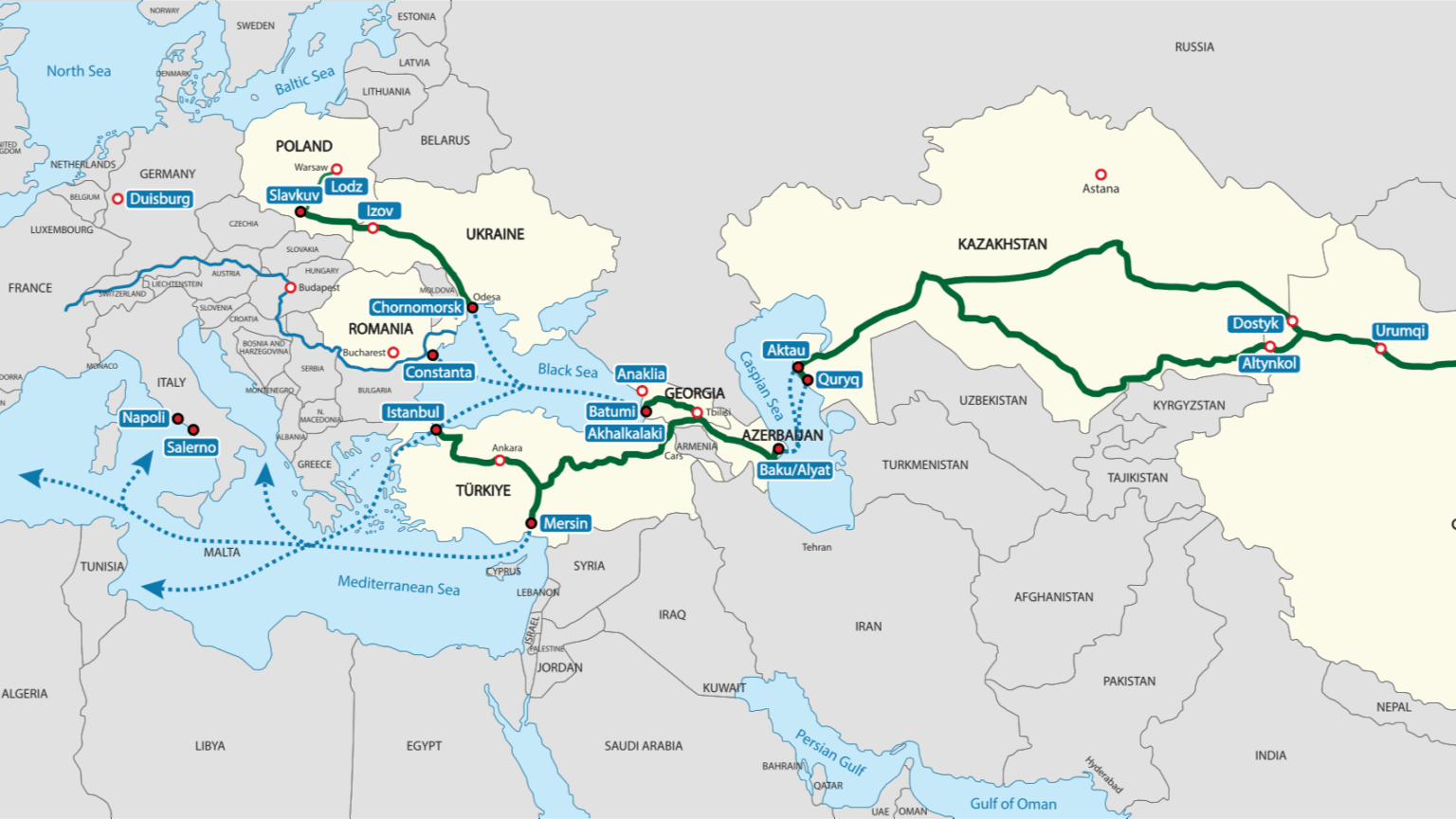
The recent informal summit of the Organization of Turkic States in Budapest showcased Hungary’s growing profile. Now it’s time to think bigger.
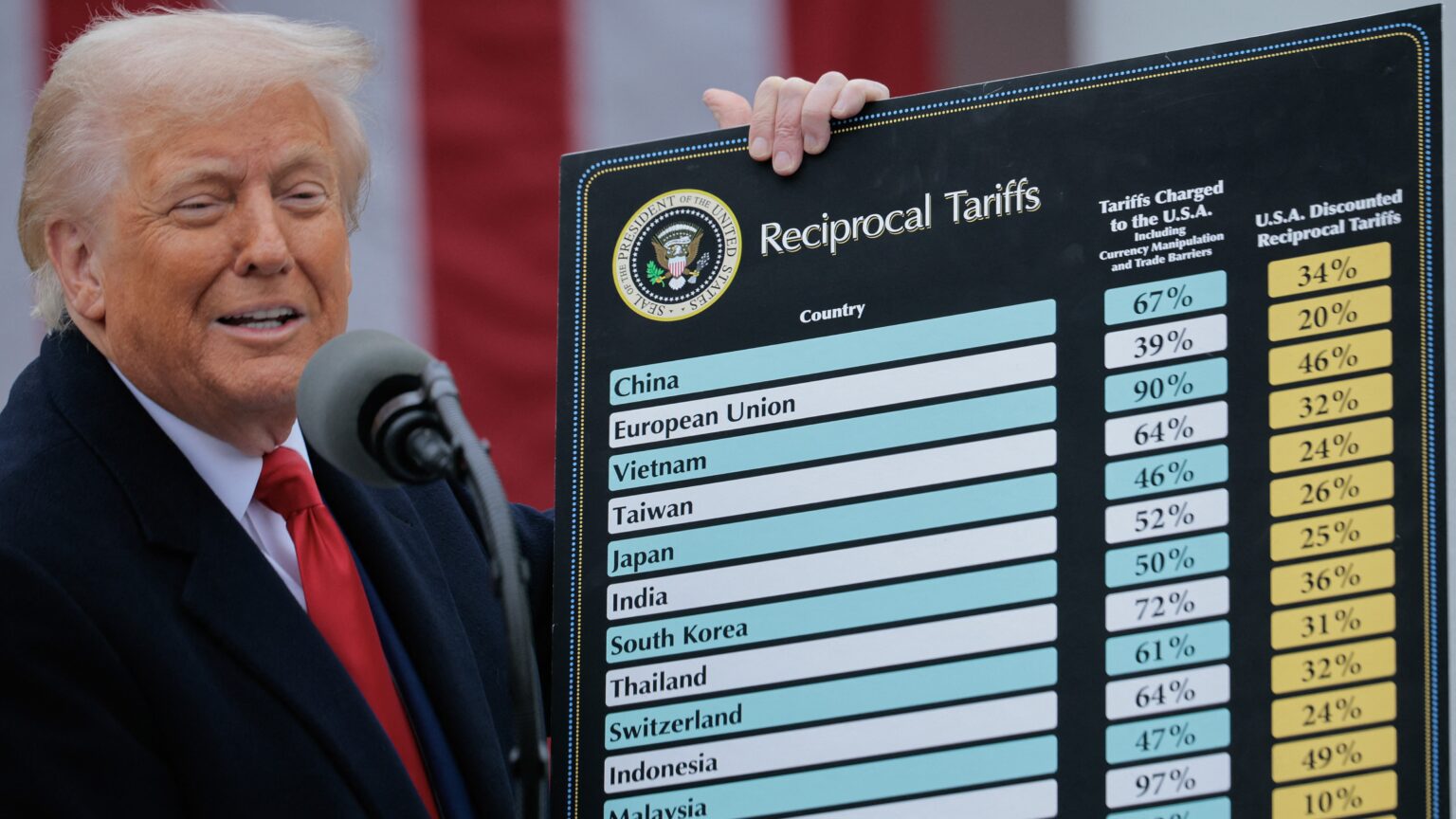
A US federal court ruled that Donald Trump exceeded his powers when imposing tariffs that raised import costs. The decision halts key duties and challenges the legal basis of Trump’s trade war, though an appeal keeps the case alive.

‘However we choose to understand the situation, the 7 October attacks absolutely do not “prove” that Trump’s approach with the Abraham Accords was in error. Instead, these attacks suggest that his innovative approach was too successful for malign actors such as Hamas to accept without taking spectacular and spectacularly risky measures to combat the success and promise of the Abraham Accords.’
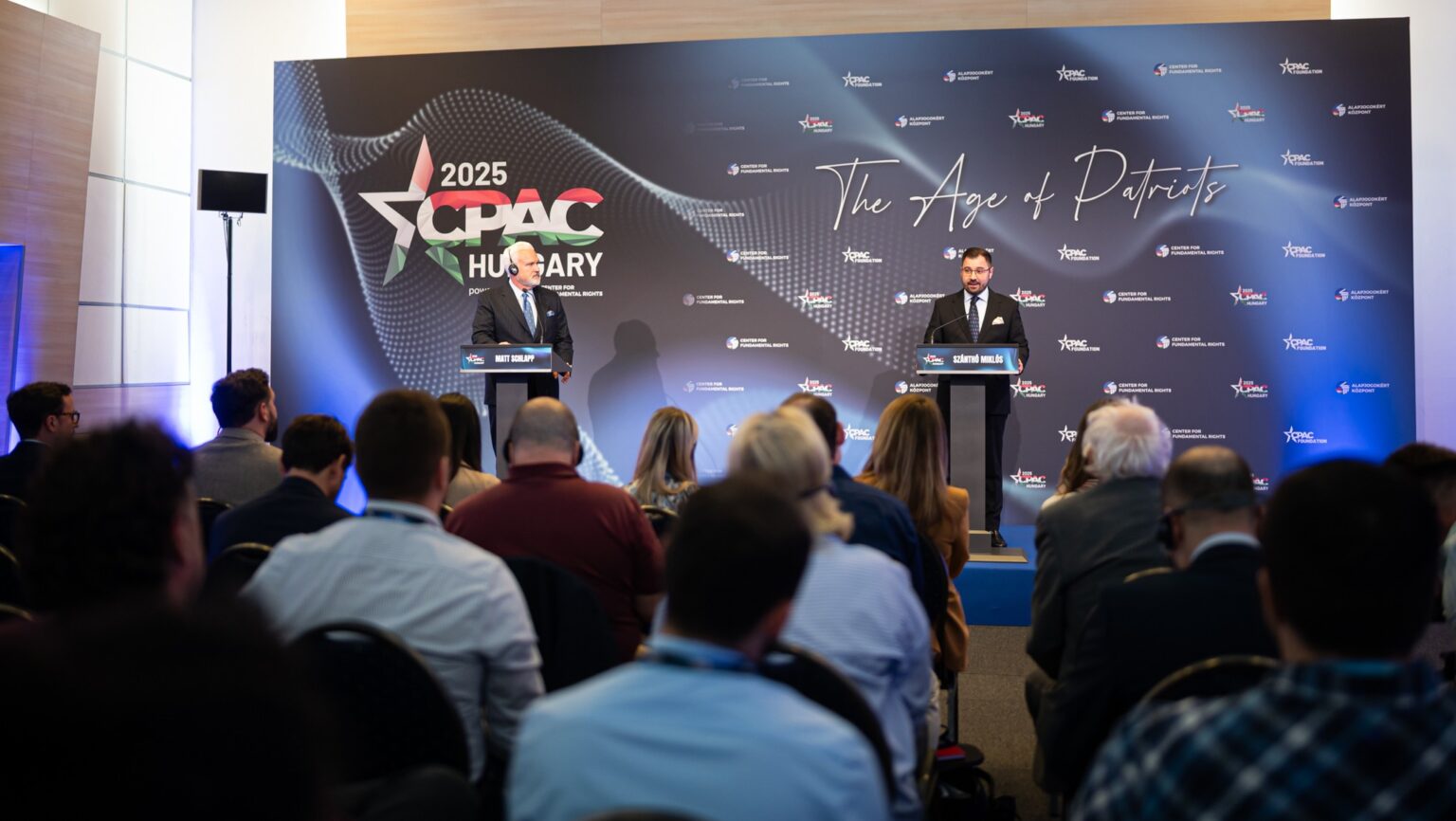
The age of patriots is definitely coming—CPAC Hungary 2025 is less than 24 hours away! At a press conference on Wednesday, Director General of the co-organizer Center for Fundamental Rights Miklós Szánthó announced that around 600 foreign guests are expected, including Alice Weidel of Germany’s AfD and Slovak Prime Minister Robert Fico.
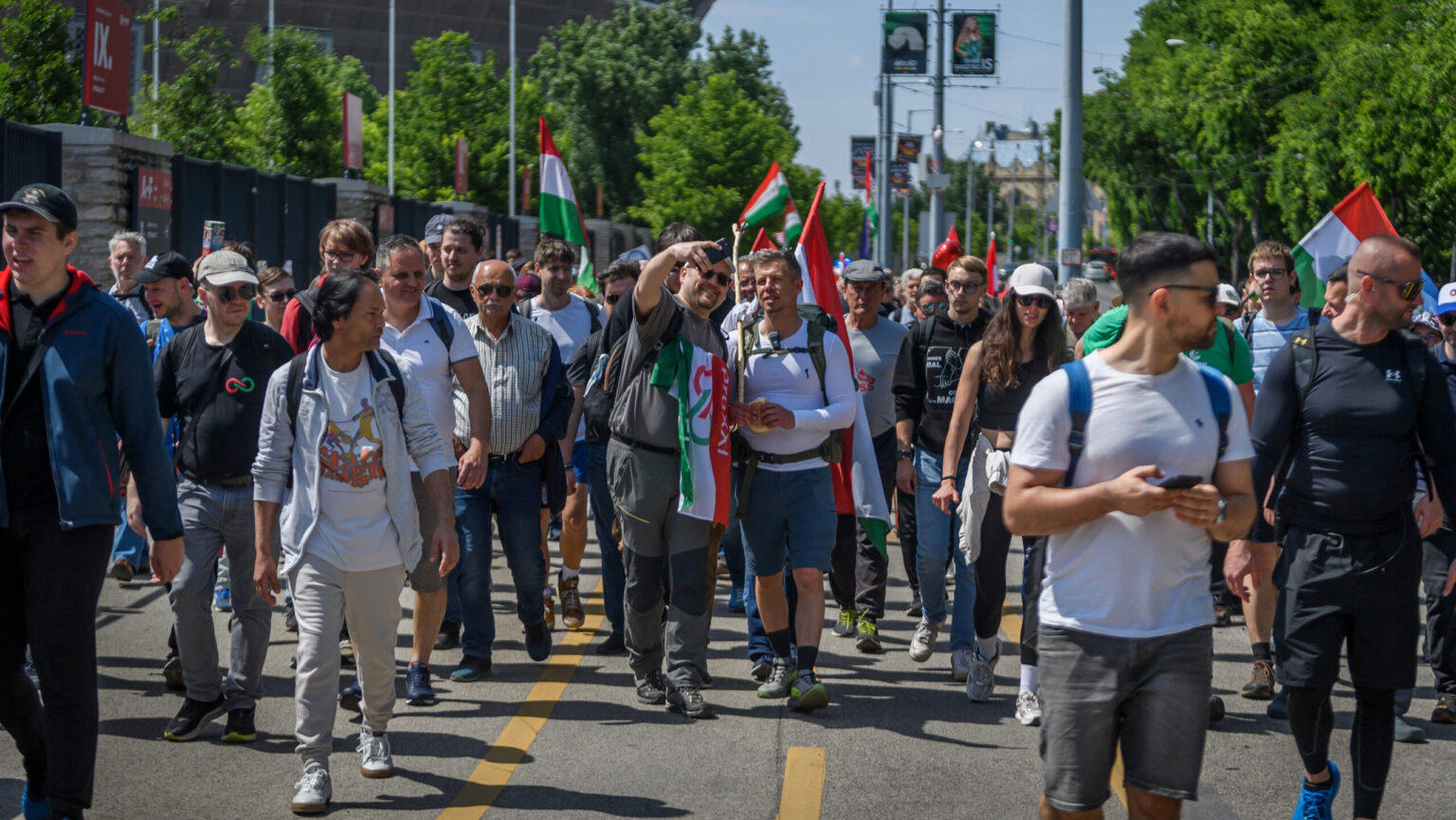
Hungarian opposition leader Péter Magyar ended his Oradea march—meant to promote unity with minorities abroad—by accusing the Democratic Alliance of Hungarians in Romania of serving Viktor Orbán’s interests. Magyar seeks to capitalize on Orbán’s widely criticized remarks, seen as backing anti-Hungarian candidate George Simion, which have shaken Transylvania’s long-standing political status quo.

Hungarian Conservative is a quarterly magazine on contemporary political, philosophical and cultural issues from a conservative perspective.